Artificial intelligence (AI) is no longer just a supporting actor in the entertainment industry; it's rapidly becoming a leading star, reshaping the very fabric of how content is created, consumed, and experienced. From crafting captivating screenplays to composing mesmerizing melodies and curating personalized recommendations, AI is not just amplifying human creativity, but revolutionizing the way we connect with stories, music, and games.
In a world where technology evolves at breakneck speed, the notion of AI as the backbone of Hollywood's success is no longer confined to science fiction. AI isn't just streamlining processes and tailoring content to individual viewer preferences, it's ushering in an era of hyper-personalization in the entertainment industry. This data-driven cycle of creation and consumption is forming a powerful feedback loop, one that could reshape the future of the industry in unimaginable ways. The question isn't if AI will revolutionize entertainment, but how soon. And the answer? Sooner than we ever thought possible.
From Script to Screen, From Notes to Symphony: AI's Creative Prowess
AI's creative influence is far-reaching. In filmmaking, models like OpenAI's GPT are being used to pen scripts and generate dialogue that rivals human ingenuity, assisting screenwriters in overcoming creative blocks and exploring new narrative possibilities. In the music industry, AI-composed pieces are becoming increasingly common, with algorithms capable of crafting original tracks across a spectrum of genres, offering musicians a wellspring of fresh inspiration.
.jpg)
The acceleration of AI capabilities, particularly in generative AI, is not only speeding up the iteration of creative concepts but also creating a wider space for experimentation during production. Creativity is finding a powerful ally in AI, promising to make the creative process more efficient and versatile than ever before.
The Netflix Effect, Amplified: AI's Role in Content Delivery and Gaming
AI's impact extends far beyond content creation. Streaming platforms like Netflix and Spotify leverage AI algorithms to analyze user preferences and serve up hyper-personalized recommendations. By processing vast amounts of data, these algorithms can predict what a user might enjoy, ensuring a captivating and tailored experience.
This not only keeps audiences engaged but also guides them toward content they might not have otherwise discovered. AI is also revolutionizing the gaming industry, enhancing the realism and interactivity of virtual environments. In video games, AI is used to create adaptive non-player characters (NPCs) that learn from player behavior, leading to more engaging and challenging gameplay.
A Vital Ingredient in the AI-Powered Future
As AI becomes increasingly integrated into the entertainment industry's processes, major challenges emerge. Current AI models have been criticized for bias and copyright issues, raising questions about the ethics and legality of this technology's use. Concerns about job displacement for musicians, actors, writers, artists, and other industry professionals are also prevalent.
.jpg)
While AI offers new avenues for creativity and efficiency, it also raises questions about the role of human creativity in an increasingly automated world. The future of entertainment lies at the intersection of human ingenuity and artificial intelligence, where collaboration between the two can lead to unprecedented innovation.
AI Expo Europe is Unveiling the Future of AI in Creative Industries
For those eager to delve deeper into the transformative potential of AI in entertainment and beyond, the AI Expo Europe is a must-attend event. As a rising hub for AI innovation, the conference (taking place October 6-7 at Radisson Blu) will provide a dynamic platform for education, networking, and exploring new business opportunities.
From education and ecology to the legal field and profound societal changes in health, architecture, urban planning, the environment, and art,the organizers and speakers will unravel the impact of AI on the jobs of the future and provide possible answers to the big question: will AI steal our jobs?
A New Dawn for Entertainment: The AI-Human Collaboration
AI is already a key player in the entertainment industry's money-making machine, revolutionizing every aspect of this vast ecosystem. From production planning to content localization and distribution, AI offers a strategic advantage that's transforming how creators and distributors monetize their work.
AI's ability to automate complex tasks like metadata tagging and asset management further reduces errors and improves operational efficiency, leading to significant cost savings and increased content monetization. Additionally, AI offers the possibility of bringing content to life in a new way, in almost any language, opening the doors to global accessibility.
As AI continues to permeate the entertainment industry, it brings both opportunities and challenges. While it offers new avenues for creativity and efficiency, it also raises important questions about the role of human creativity in an increasingly automated world. However, the integration of AI in entertainment is likely to expand, offering exciting possibilities for both creators and consumers. The future of entertainment lies at the intersection of human creativity and artificial intelligence, where the collaboration between the two can lead to unprecedented innovations.
